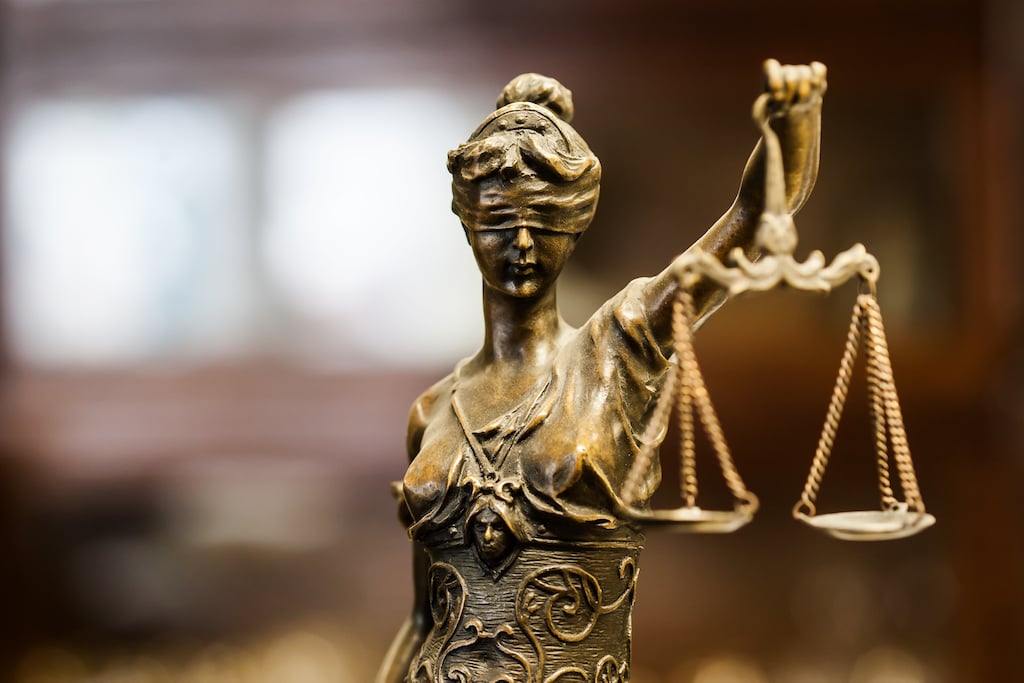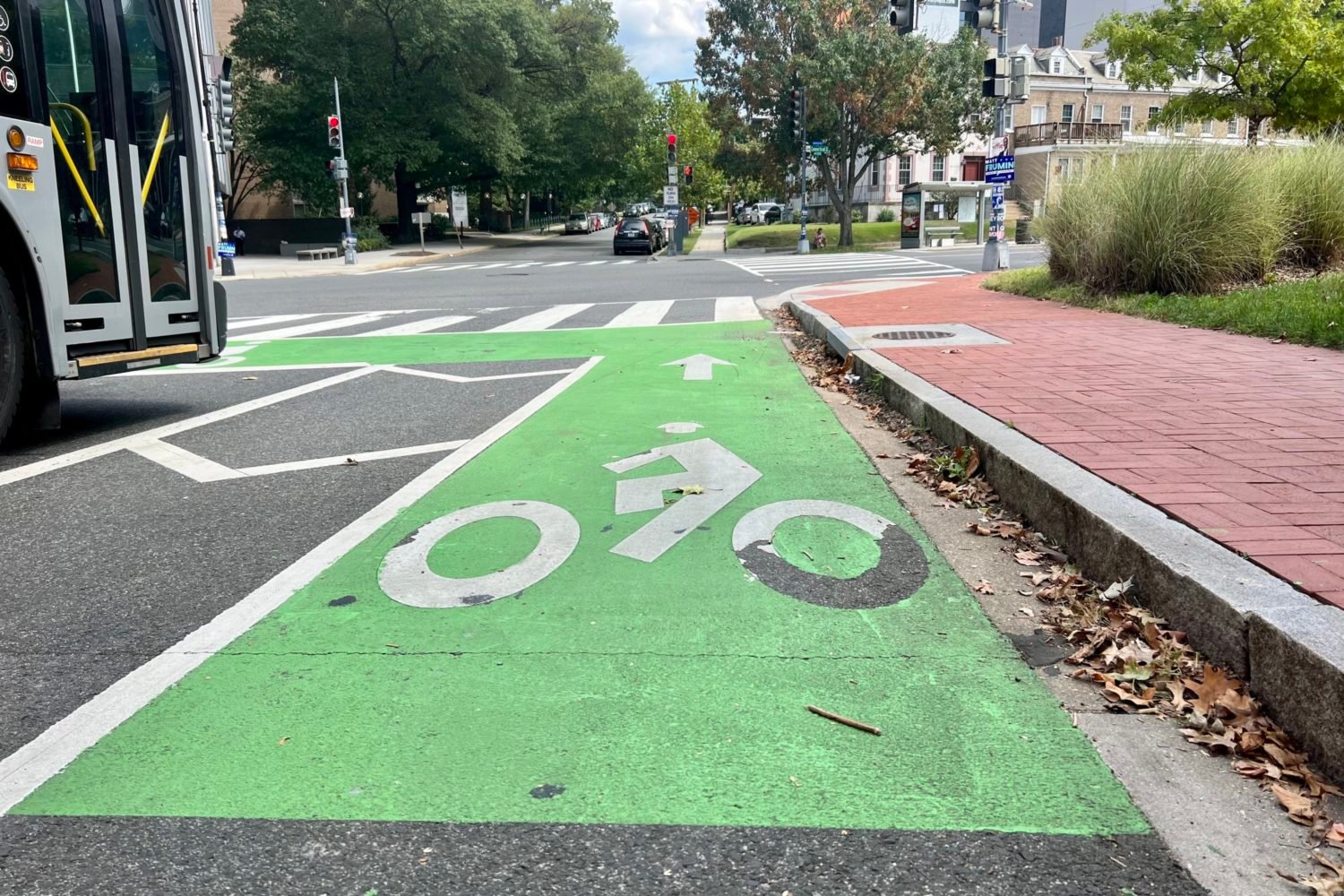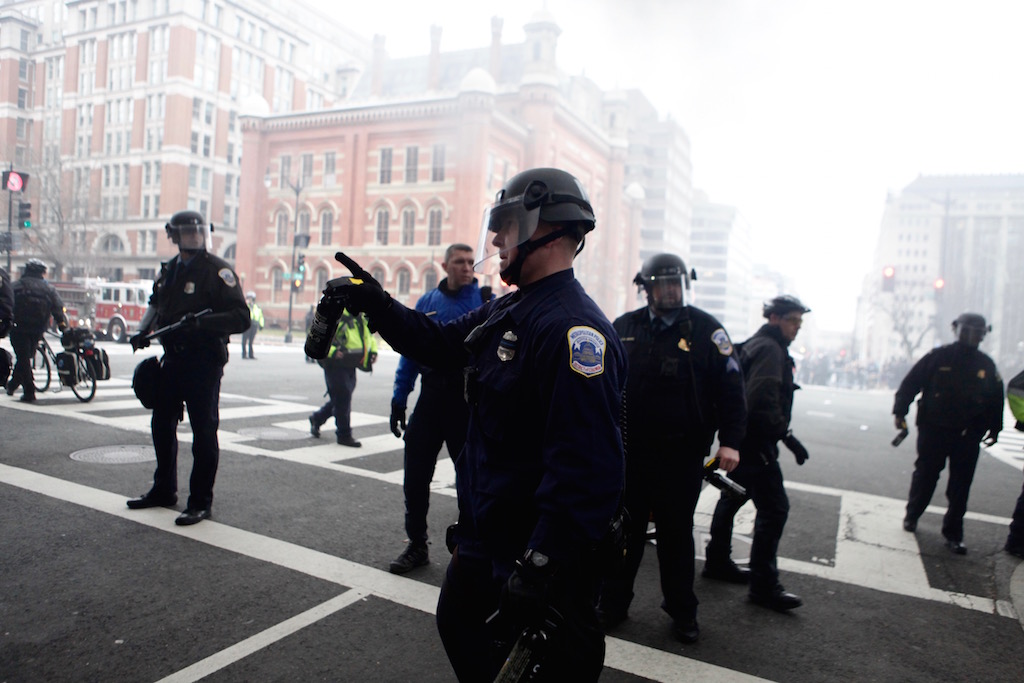On June 19, news broke that DC had indicted a DNA profile the month before. Authorities couldn’t ID their suspect by name, but they had to act because the clock was ticking: If they waited much longer, they wouldn’t be able to prosecute sexual assaults committed by a serial hotel rapist in 2003.
DC’s criminal statute of limitations for first and second degree sexual abuse lasts for 15 years, a restriction that doesn’t exist in Maryland or Virginia. DC Councilmember Mary Cheh has introduced legislation to change that in each legislative session since 2013. Could #MeToo finally help the Sexual Abuse Statute of Limitations Elimination Amendment Act across the finish line?
“The idea is to take these really egregious crimes and not be able to have the criminal run out the clock,” Cheh says. She wants to put felony sex crimes on par with various forms of murder, which can be prosecuted in DC at any time, regardless of how many years have elapsed. After all, Cheh argues, sexual abuse has “a psychological dimension” that may deter victims from coming forward or filing charges for decades.
Last year Cheh’s bill—now cosponsored by her fellow Councilmembers Brandon Todd, David Grosso, Robert C. White Jr., and Brianne Nadeau—actually progressed to a public hearing. The June 2017 hearing before the Committee on Judiciary and Public Safety came six months after the bill’s third introduction. Eighteen proponents and critics were scheduled as witnesses, including the Archdiocese of Washington, which opposed a separate bill giving victims of child sex abuse an unlimited period of time to sue for damages in civil court.
The witness list included various nonprofits that worked with survivors and a big name: Gloria Allred, who’d been invited by a local victim of Bill Cosby. While she didn’t make it in person, she submitted a letter with her regrets—”I needed to remain at the criminal trial of Bill Cosby at that date”—and an op-ed in which she called statutes of limitations “a sexual predator’s best friend and a victim’s worst enemy.”
So who would oppose such a bill? As it happens, the ACLU and associations for defense lawyers opposed the bill because of concerns regarding due process. “The current statute of limitations law protects the accused, especially the falsely accused, of charges that could devastate lives,” says Monica Hopkins, the executive director of the ACLU’s DC branch. Mounting a defense, she says, becomes substantially harder the more time goes by. Hopkins considers a legal change an “easy fix” when the barriers to reporting sexual abuse, which she calls “despicable and abhorrent,” are really “a public health cultural epidemic that needs to be dealt with as such.”
Asked about these concerns, Cheh points to the fact that Maryland and Virginia lack a statute of limitations for such crimes and says any unfairness introduced by the passage of time could be addressed at trial.
One year after the hearing, the bill remains in limbo; other bills that have been deemed more pressing have sucked up all the legislative oxygen. “It’s certainly something we are looking at and plan to revisit,” said Erik Salmi, the communications director for Councilmember Charles Allen, who heads the committee Cheh’s bill must travel through before it becomes law. “If it moves to markup,” Cheh says, referring to the next stage of the legislative process, “then I think that the odds are very, very good.” The current moment, she says, might lend some momentum to the bill: “We’ve never been actually better poised to believe survivors and support them.” But if necessary, she’ll introduce the bill again in 2019.




















